Poll: Did the coronavirus pandemic mess up your smartphone upgrade plans?
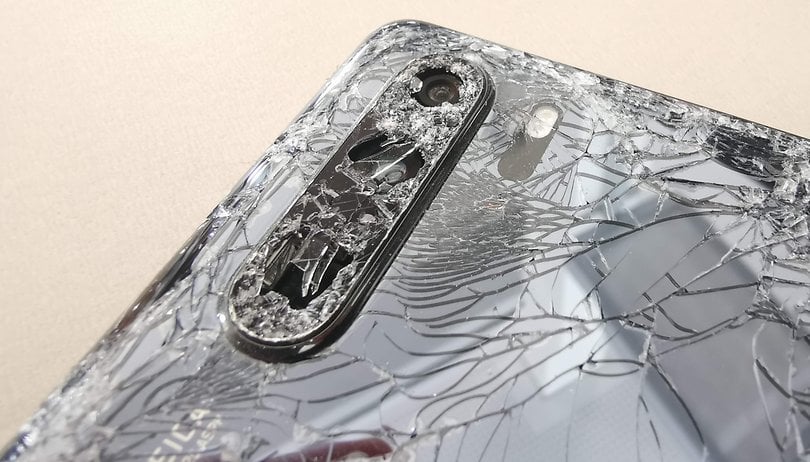

Read in other languages:
Economic activity continues to decline in the wake of the coronavirus impact that has led to lockdowns across the globe. Everyone, from individuals to large corporations, will have to deal with a more frugal lifestyle. As more and more businesses - mostly brick-and-mortar setups continue to close, everyone is looking to stretch the money in their pockets by focusing on the essentials. As to what extent all of this affects your spending pattern with regard to smartphones, we would like to explore with a survey at the end of this article.
The smartphone industry experienced a double whammy with the coronavirus pandemic. On the one hand, it caused supply bottlenecks and delayed product launches at the beginning of the year. Following that, the industry's leading trade fair, the Mobile World Congress that is held annually in Barcelona, was canceled. This resulted in several manufacturers losing the platform to launch their products like they normally do. Missing out on the fanfare and buzz generated by such an event, Huawei, Samsung, and others failed to garner media and consumer attention alike on a large scale and had to settle for muted launches that seemed to reach out only to those who were already hardcore fans in the first place.
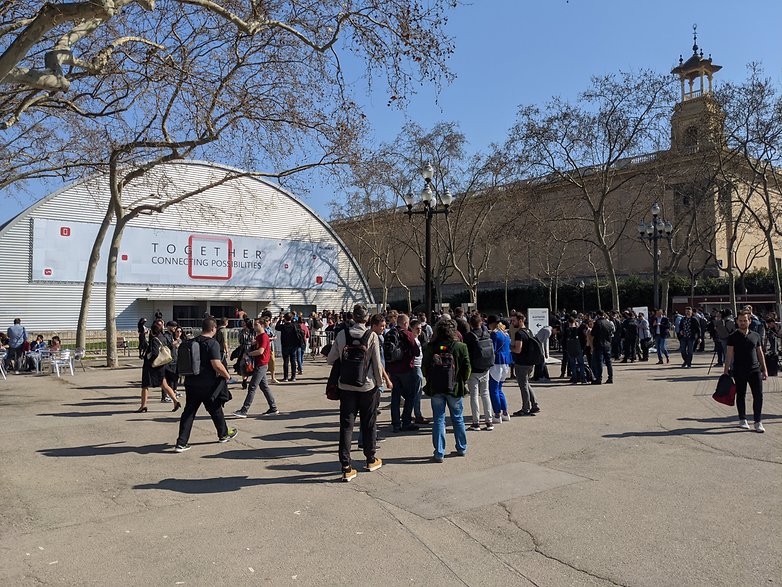
After the challenges in Shenzen's production line as well as product launches that were conducted wholly in the digital world, there was another crisis that the smartphone industry had to face: massive restrictions at retail stores. In Germany, retail stores of up to 800 square meters in size were allowed to serve customers, albeit under strict conditions. Instead, smaller retail stores that had to remain closed physically resorted to delivering smartphone purchases to customers through food delivery service providers. This, in turn, has caused online transactions to boom.
From where smartphone manufacturers are sitting, it is not a good thing. Consumers are unable to hold the actual device in their hands and have to rely on making their own first impressions online. As we all know, you never have a second chance at making the first impression. When comparing handsets online, price and hardware specifications can be made at a glance: simply by looking at a chart without having a retail assistant walk up to you and asking: "How may I help you?"
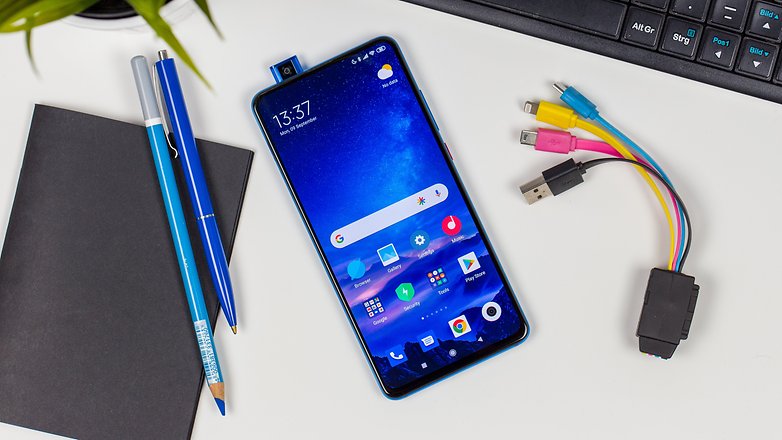
Salespeople at retail stores tend to get cold feet when a customer discovers that the extremely affordable Xiaomi Mi 9T is a far better bargain in terms of value-for-money compared to the high margin Huawei P30 Lite, and doing so when reading online articles such as "The 5 best Android smartphones for under $300".
Devices that were sold thanks to the magic of a beautifully lit store and the subtle, persuasive talent of a trained salesperson are suddenly not flying off the shelves anymore, as parity with previous dark horses has been discovered through online research. In essence, this pandemic has become a great equalizer, leveling the playing field in so many ways. Perhaps customers are only now becoming aware of the amount of diversity in the smartphone market without the fluff of advertising and enticing in-store pre-order offers.
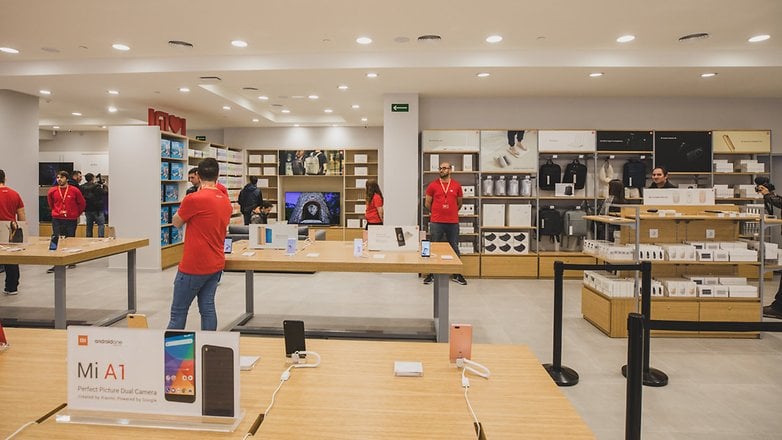
The same applies equally to smartphones with or without a contract: contracts purchased online are sometimes four times cheaper than those purchased at the store itself. In addition, it is far easier to compare handsets online. It is a common thing to see the words, "Offer ends tomorrow!" for online ads - which are normally there to entice you to make a decision on the spot, chances are there will be three new offers tomorrow should you choose to wait, where at least one will be better. ¯\_(ツ)_/¯
In addition, after performing more research online, some of us will realize that the most important functions of a new $1,000 flagship smartphone are also available on numerous $300 smartphones, as well as in a previous generation flagship that has most probably seen its value halved by now. In the digital realm, you will also be able to check out long-established shops for B-goods, pre-loved, or refurbished smartphones that you would never have considered when strolling through the mall. After all, anything that isn't new tends to be frowned upon automatically.
As for now, I am interested to hear what your opinion is on the matter...
Please comment on whether there are other factors apart from the coronavirus pandemic and all of its inconveniences that have played a role in your decision. We are looking forward to a great, friendly discussion accompanied by interesting suggestions.






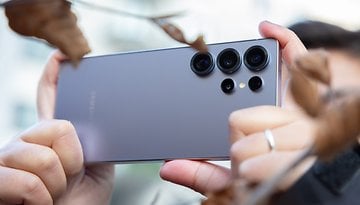



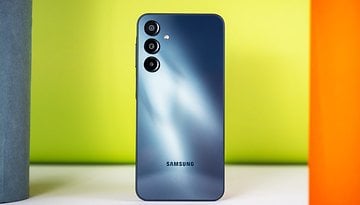
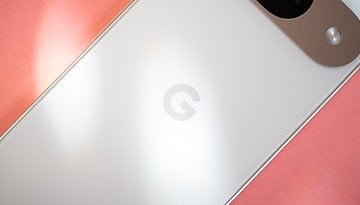
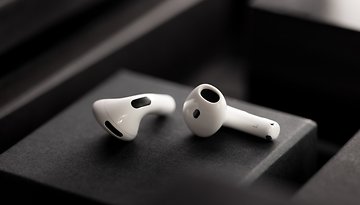
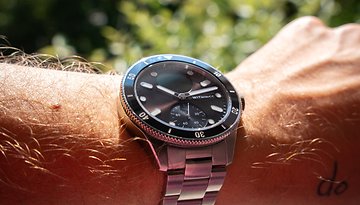



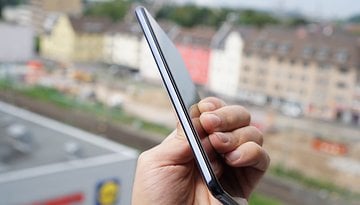


I switched to sm A50 during the pandemic, but if I honestly did not plan to update my phone until the end of this year) I also saw a lot of phones on phones, so I think buying phones was not a problem for people
I upgraded to an iPhone 11 right before the corona virus made us shelter in place in the US, so I'm good for now. But I'm also still using an Android stuck on nougat.
I don't see option to choose from poll, which would say that higher prices actually mess up my plans to upgrade.
During January, I was 100% sure that I will buy S20+, later on all my hopes was on Oneplus 8 (not that large pro model), and even Xiaomi broke my dreams of new device.
So....since iPhone SE have little bit to small screen(but great body size for me) now I will hold on to my s8 until fall and if rumours of iPhone 12 prices become true....I guess i should get to learn to live with iOS.
My LG V30 is still working fine, so I will have to keep it until the battery fails.
-
Admin
May 1, 2020 Link to commentI am a big fan of durable phones and I try to make them last as long as possible.
I ran my Ph1 for about 3 years before this one.
I am still happy with my LG V20 no need to upgrade. The only up grade I did was the battery to a 4200MAH from the original 3200. Last a day and a half normal use, I have 3 of them just in case I need them. Just hope the EU passes the law requiring removable batteries that is being considered.
I picked up the Moto g stylus on its release day